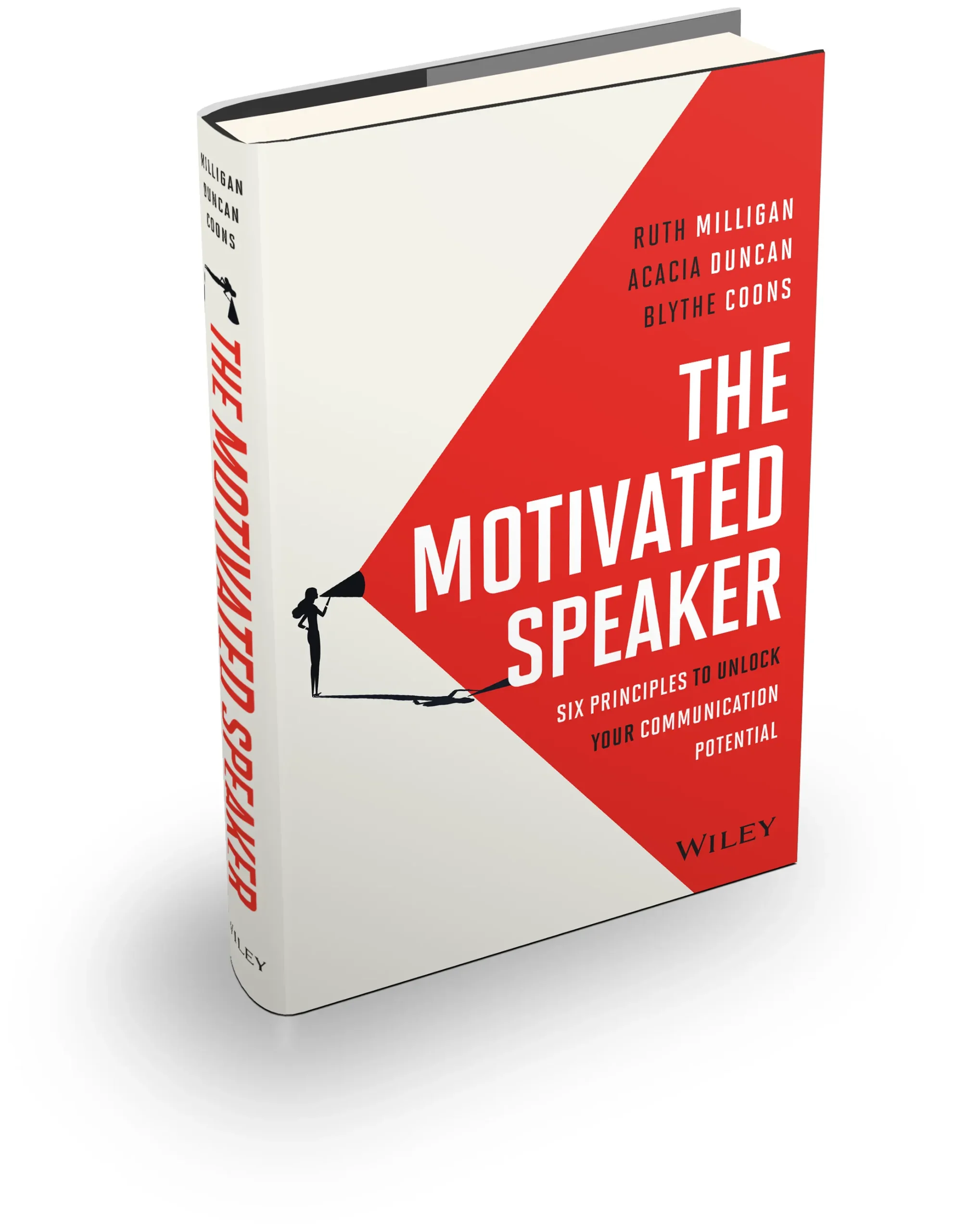
I work with a lot of speakers sharing personal stories. Patient stories. Caregiver stories. Stories of triumph. Stories of overcoming impossible odds. Audiences crave these stories— our social media feeds are filled with them. Why do we crave them? They connect us in a deep and human way.
But what do you do, as a speaker, when the emotion hits you? What happens if you suddenly find yourself struggling to speak past the lump in your throat? Or if your breath catches? No one wants to lose it in front of an audience.
Here are my three tips to conquer an emotional talk:
Mental Preparation
If you are sharing a personal story, or expressing deep gratitude, assume that you will find yourself feeling strong emotions. When you feel it, you can think, “Oh, there it is. Right on track.” If you practice the talk in front of other people (as we always recommend) you will be even more prepared. The first time you share your story is often the most emotional. Your rehearsal can make the emotions less sharp.
Physical Tactics
Take a breath. Not just any breath. You need a deep breath all the way deep into your belly. The key is to relax your diaphragm. Breathing in through the nose and out through the mouth is one way to achieve this. Letting the breath out with a quiet sigh can relax you and loosen up a throat that is tight with unexpressed emotion. If your throat is still tight, take a drink of water. Nice and slow. Swallowing can release the throat. (This can also work without water.)
Acknowledging Emotion
It’s okay to pause. It’s okay to take your time. It’s okay start your sentence over again. If you try to bury the emotion, it will hold on to you and not let go. Ahead of time, think of something that you could say to the audience like, “this is hard to say.” Then, shift your focus from what you’re feeling to the message you want to share with the audience. Remember, it’s not about you. It’s about your audience.
Emotion is not weakness in a talk. It connects the speaker and the audience. Your experiences can help other people. It is a gift. The audience will be rooting for you and feeling the emotion with you. It’s powerful stuff. So, if you feel emotion in a personal talk, you might just be on the right track.
SIDE NOTE:
Do not push for emotion or tears in your talk. If the emotion is not 100% authentic, your audience will feel it. You can’t fake it. You have to really feel it.


